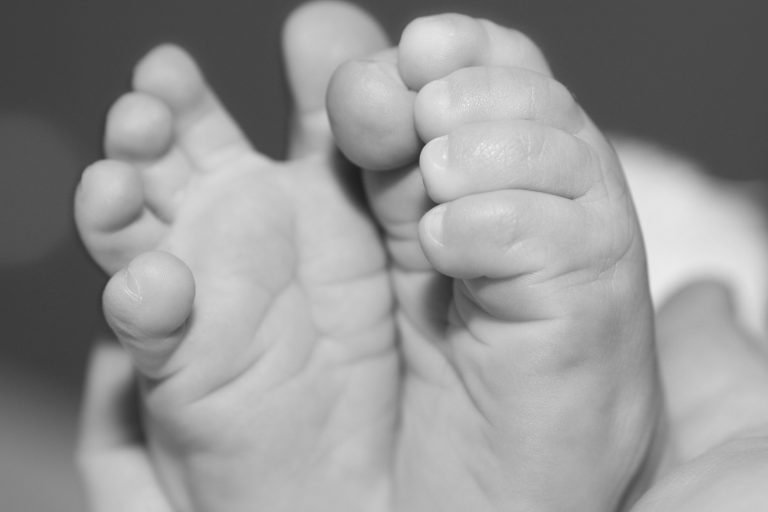About Midwives
What do midwives do?
Midwifery as practiced by certified nurse-midwives (CNMs®) and certified midwives (CMs®) encompasses a full range of primary health care services for women from adolescence beyond menopause. These services include the independent provision of primary care, gynecologic and family planning services, preconception care, care during pregnancy, childbirth and the postpartum period, care of the normal newborn during the first 28 days of life, and treatment of male partners for sexually transmitted infections. Midwives provide initial and ongoing comprehensive assessment, diagnosis and treatment.

The Credentials CNM and CM
Certified Nurse-Midwives (CNMs) and Certified Midwives (CMs) are educated in graduate-level midwifery programs accredited by the Accreditation Commission for Midwifery Education (ACME). CNMs and CMs pass national certification examination administered by the American Midwifery Certification Board (AMCB) to receive the professional designation of CNM (if they have an active RN at the time of the certification exam) or CM.
In New Jersey, CNMs and CMs are providers licensed and regulated by the Board of Medical Examiners. As of January 2020, there are 329 CNMs and 14 CMs with active license status in NJ.
Source: https://newjersey.mylicense.com/
What services do midwives offer?
Midwives are trained to offer a range of primary health care, obstetrics, and gynecological services to women from adolescence and beyond menopause.
- Prenatal Care
Midwives monitor a woman’s pregnancy closely to make sure there are no indications of risk and, when complications arise, midwives are trained to seek the support needed to address the issue.
Throughout the prenatal experience midwives encourage good nutrition, education, and a healthy attitude to help women achieve a safe and normal birth. Midwives offer individualized, personal care from the beginning of a woman’s pregnancy and a customized model of care and support through the postpartum period and early parenting.
- Natural Childbirth
Midwives listen to their patients’ individual needs to help each woman achieve a safe and normal childbirth experience. Their approach to natural, healthy childbirth is designed to minimize unnecessary medical interventions.
Midwives are able to utilize some appropriate interventions when medically indicated. Many women consider natural birth empowering. A woman who is supported through labor, as she instinctively wants to birth, is a woman who will likely feel positive about her birth experience and future parenting skills. Her baby is more alert and placed on her skin (promoting maternal bonding) and breastfeeding is more likely to be enjoyable and successful. Midwives are experts in measures and techniques that help people cope with the discomfort of labor. Whether someone decides to have a natural, medication-free labor and birth or request IV pain medication or an epidural, midwives are there to support their informed choices.
- Postpartum Support
Midwives are with you every step of the way.
Although the midwife’s role is often seen only as a part of the birth itself, it is an integral mission of the Midwifery Model of Care to provide care, support, encouragement, and information during the postpartum phase of a woman’s childbirth experience. From perinatal mood swings to anxiety and often even more serious conditions, midwives are in touch to help monitor and guide parents through this often challenging phase of the birth experience. Midwives can help women and their families connect to the resources and information they need as well as provide useful tips and critical encouragement to help every mother move past any challenges they may face during postpartum.
Resources: for Women and Families.


Learn more about Doulas:
